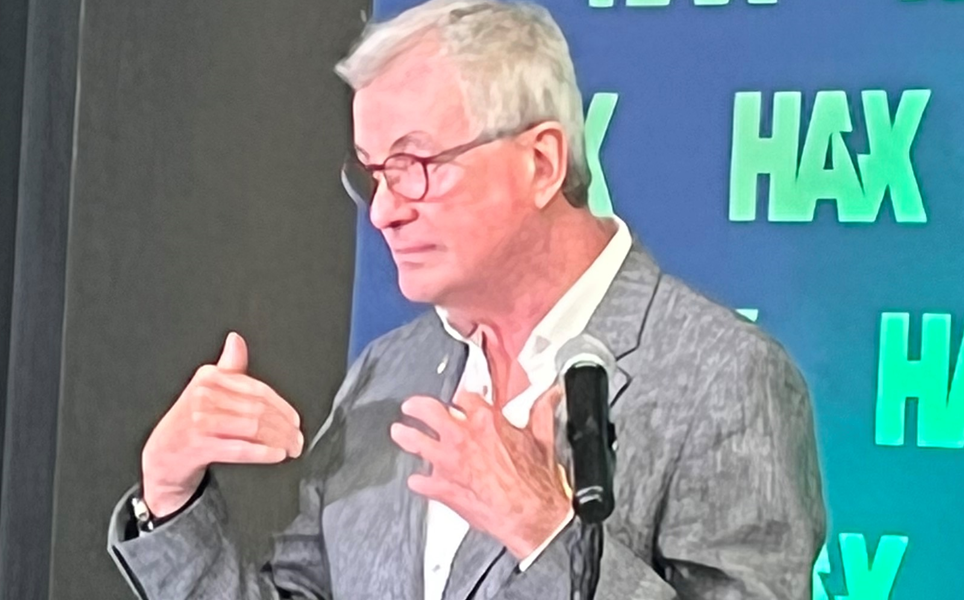




In a significant legislative move, Congress passed a federal spending package on December 21, 2024, which includes $100 billion earmarked for disaster relief and full funding for the rebuild of the Francis Scott Key Bridge. This funding was confirmed by Senators Chris Van Hollen and Ben Cardin as part of the Continuing Resolution. The bill, championed by House Speaker Mike Johnson, received overwhelming bipartisan support, passing the House with a vote of 366-34 and the Senate 85-11 [77c64577].
The Key Bridge, which tragically collapsed on March 26, 2024, after the cargo ship Dali lost power, resulted in six fatalities among roadworkers. In response to this disaster, President Biden had requested full funding for the bridge's reconstruction in November 2024, emphasizing that no taxpayer dollars would be utilized for the project. The estimated cost for the new bridge is nearly $2 billion, with completion anticipated by fall 2028 [77c64577].
This funding initiative aligns with the broader federal commitment to infrastructure improvement, which includes a recent announcement of $635 million for 22 bridge projects across nearly 20 states as part of the Bipartisan Infrastructure Law. This law aims to address the urgent need for repairs and modernization of over 11,000 bridges nationwide [40b7a5c6].
In addition to the Key Bridge funding, the Biden administration has also allocated $5 billion in federal grants to replace or improve aging bridges in 16 states, highlighting the administration's focus on infrastructure as a critical component of economic recovery and safety [f5d3df97].
The ongoing construction projects, including the Hudson Tunnel Project, which has secured $6.88 billion in federal funding, further emphasize the government's commitment to enhancing transportation infrastructure across the country [7343455c]. As the nation continues to grapple with infrastructure challenges, these funding measures are seen as essential steps towards rebuilding and ensuring safety for all road users [d9e39fac].